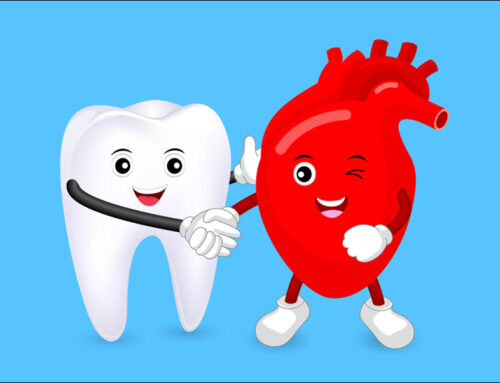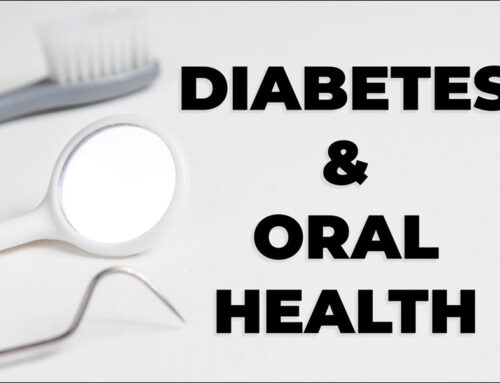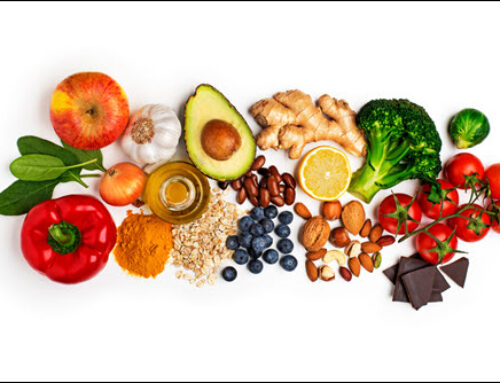Your diet plays a significant role in maintaining oral health. The foods and beverages you consume can impact the strength of your teeth and gums, influence the risk of cavities, and affect overall oral hygiene. Understanding which foods are beneficial and which to avoid can help you make healthier choices and promote better dental health.
Foods to Eat for Optimal Oral Health
 Fruits and Vegetables
Fruits and Vegetables
- Examples: Apples, carrots, celery, leafy greens
- Benefits: Fruits and vegetables are high in fiber and water, which helps stimulate saliva production. Saliva is essential for neutralizing acids and washing away food particles. Additionally, crunchy vegetables like carrots and celery can help clean teeth naturally and reduce plaque buildup.
- Dairy Products
- Examples: Milk, cheese, yogurt
- Benefits: Dairy products are rich in calcium and phosphate, which are crucial for maintaining strong enamel. Cheese, in particular, can help balance the pH levels in your mouth, reducing the risk of cavities.
- Nuts and Seeds
- Examples: Almonds, sunflower seeds, chia seeds
- Benefits: Nuts and seeds are a good source of essential nutrients such as calcium, magnesium, and vitamin D. They also contain healthy fats that can promote overall health and contribute to strong teeth.
- Lean Proteins
- Examples: Chicken, fish, eggs
- Benefits: Proteins are important for repairing tissues and maintaining healthy gums. Fish, particularly fatty fish like salmon, provides omega-3 fatty acids, which have anti-inflammatory properties that can benefit gum health.
- Green and Herbal Teas
- Examples: Green tea, chamomile tea
- Benefits: Green tea contains antioxidants called catechins, which can help reduce inflammation and bacterial growth in the mouth. Herbal teas like chamomile can have soothing effects on the gums.
Foods to Avoid for Better Oral Health
- Sugary Snacks and Beverages
- Examples: Candy, soda, sugary cereals
- Risks: Sugar feeds harmful bacteria in the mouth, leading to acid production that can erode enamel and cause cavities. Frequent consumption of sugary snacks can significantly increase the risk of tooth decay.
- Acidic Foods and Drinks
- Examples: Citrus fruits, tomatoes, vinegar-based dressings
- Risks: Acidic foods can erode tooth enamel, making teeth more susceptible to decay and sensitivity. It’s important to rinse your mouth with water or drink milk after consuming acidic items to neutralize acids.
- Sticky Foods
- Examples: Dried fruit, caramel, granola bars
- Risks: Sticky foods tend to cling to teeth and can be difficult to remove with brushing alone. They can also increase the likelihood of plaque buildup and cavities.
- Hard Foods
- Examples: Ice cubes, hard candies, popcorn kernels
- Risks: Hard foods can damage or crack teeth, especially if teeth are already weakened or compromised. It’s important to avoid biting down on hard objects to prevent dental injuries.
Maintaining a balanced diet rich in fruits, vegetables, dairy products, nuts, seeds, and lean proteins, while minimizing sugary, acidic, sticky, and hard foods, is crucial for optimal oral health. By making mindful food choices and practicing good oral hygiene, you can help protect your teeth and gums, ensuring a healthy smile for years to come.




